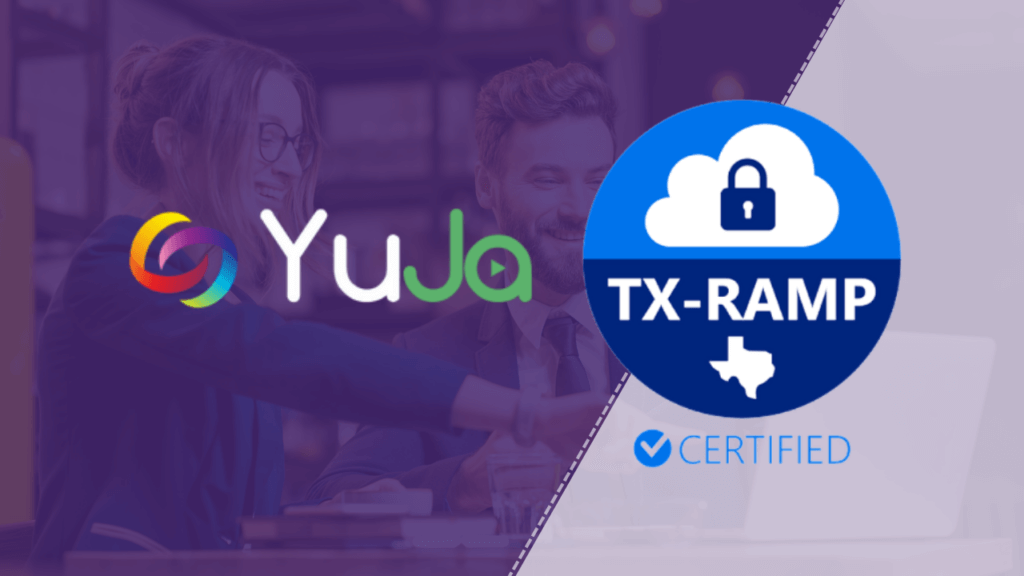As colleges and institutions consider enterprise video platforms, there are several key considerations that can help guide the decision-making process.
- Functionality and Features
Before committing to a video platform, it’s important to dive into its core features. What functionalities does it offer for live streaming and on-demand content? Does it facilitate interactive elements within videos, such as quizzes and discussions? Understanding the breadth and depth of a platform’s capabilities ensures that it aligns with the needs of administrators, faculty and students.
- Integration and Compatibility
The integration of a video platform into existing educational technologies is critical to its success within your institution. Ensure you understand how easily it can be incorporated into your Learning Management System (LMS) and whether it supports single sign-on (SSO) for streamlined access. Compatibility with various devices and operating systems ensures a seamless and inclusive user experience.
- Scalability
“Assessing a platform’s scalability can help you determine if it can accommodate future growth, which also helps keep disruptions at bay during peak usage periods.”
Universities are dynamic ecosystems with fluctuating user numbers and content volumes. Assessing a platform’s scalability can help you determine if it can accommodate future growth, which also helps keep disruptions at bay during peak usage periods.
- Security and Privacy
In an era of heightened cybersecurity concerns, protecting user data is non-negotiable for higher ed institutions. When you evaluate a video platform, ask about security measures and whether/how it complies with data protection regulations. Ensuring robust security features and privacy controls is essential for maintaining the trust of both students and faculty.
- Accessibility
Accessibility is a cornerstone of modern education. Does the platform adhere to accessibility standards, providing features like closed captions and transcripts? Ensuring that the platform caters to diverse learning needs contributes to an inclusive learning environment.
- Technical Support and Training

A video platform is only as good as the support system behind it. What level of technical support is available, and how responsive is the support team? Is total user support included, or do users have to funnel their concerns through a dedicated person? Also, ask whether the vendor provides one-time or ongoing training to maximize the platform’s potential. A strong support and training infrastructure ensures a positive user experience.
- Analytics and Reporting
Analytics tools are invaluable for gauging the effectiveness of the platform. What metrics can be tracked to measure user engagement and performance? Can the platform generate reports on student progress? Comprehensive analytics empower educators to refine their teaching strategies and enhance the learning experience.
- Cost and Licensing
As with any software or service your institution uses, understanding the pricing structure is essential for budgeting purposes. Are there hidden costs that may arise either upfront or over time? Does the platform offer flexible licensing options tailored to the university’s specific needs? A transparent cost structure ensures budget alignment and helps institutions avoid unexpected costs.
- Future Development and Roadmap
A forward-looking approach involves examining the platform’s future development plans. When you evaluate a video platform vendor, check out their updates and new features. How responsive is the company to user feedback? A company committed to continuous improvement and innovation is more likely to provide a platform that evolves with the ever-changing educational landscape.
Making an Informed Decision
Colleges and universities looking to deploy an enterprise video platform must carefully evaluate the available options. By addressing these considerations and asking questions, leaders can make informed decisions that align with their institutional needs, ultimately enriching the learning experience for all.









